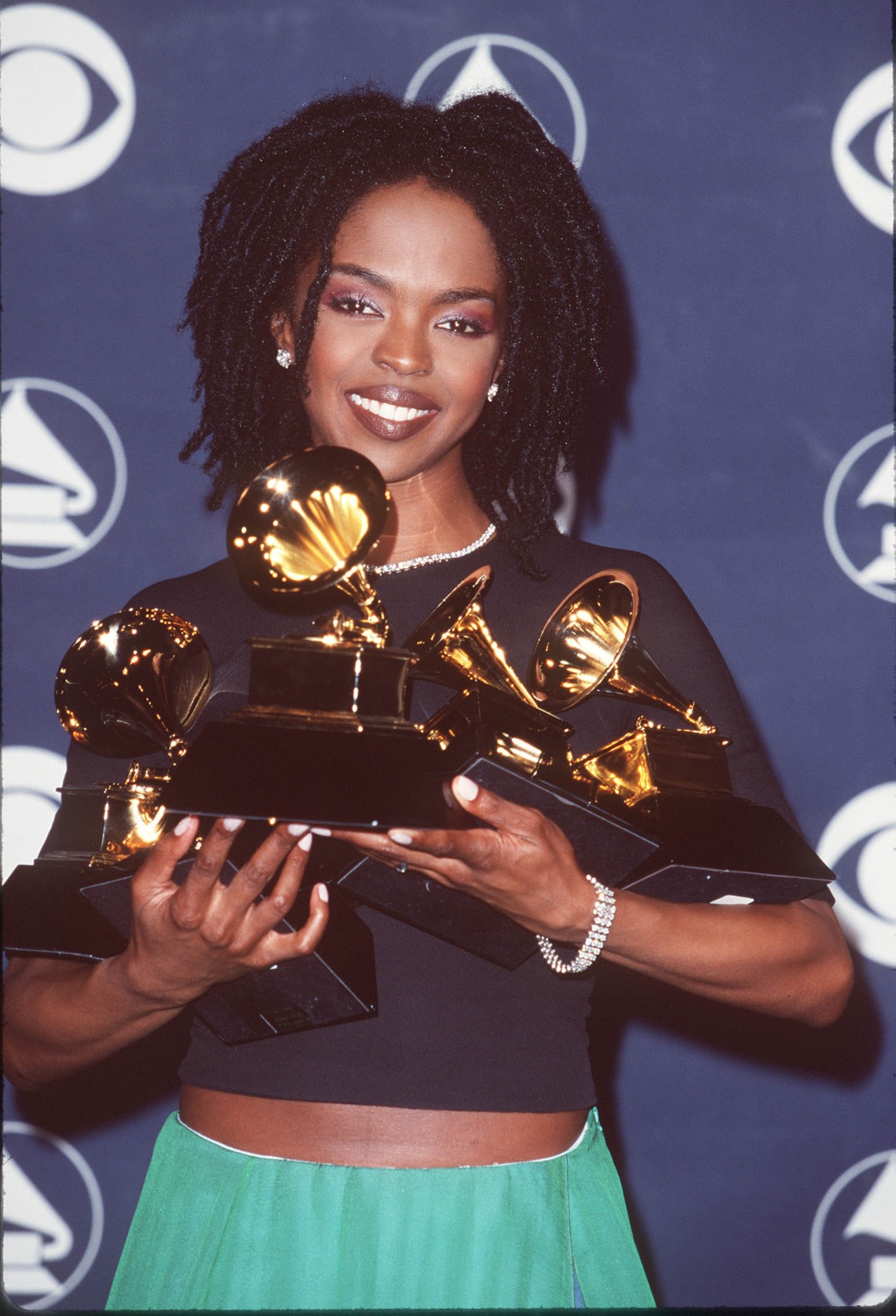Twenty-five years ago, one of the most quintessential pieces of music to enter the hip hop zeitgeist was dropped: "The Miseducation of Lauryn Hill". Its name—drawn from Carter G. Woodson’s 1933 "The Mis-Education of the Negro" which was published 90 years ago this year—was Lauryn Hill’s first and only album that was irrevocably destined for success. Stepping out from The Fugees to be on her own, Lauryn went on to become an indomitable force as a result of this project alone.
In the time that has passed, this project has become a voice that the generation after her listened to for words of wisdom and inspiration. "The Miseducation of Lauryn Hill" has been a beacon whose light shines just as brightly—and as powerful—in 2023 as it did in 1998. For many, this work from the Newark, New Jersey native was an introduction to the world of hip hop as its progressive, faith-based lyricism was deemed safe enough to play in our mother’s house yet down enough to earn viable street credits in the eyes of discerning parties.
If you could quote a bar or two from “Doo Wop (That Thing) or kill a rendition of “Ex-Factor” at a local talent show, you were no doubt “raised right.” Winning five Grammy Awards and a host of other accolades and rankings of positive reception, it has rightfully cemented its place as one of the best albums of all time.


The project highlighted how the Black woman can be soft when loved properly, and that she was smart enough to know when her love and spirit were being weaponized against her. In a world where she has given so much and in return been dated with hatred and manifested self-harm, even, the Black woman had an opportunity to rest in the communal understanding that Lauryn built. It was more than a representation of a coming of age per the tag of feminism; it was a realization of self in the midst of the world's dictation of how a Black woman should be. Even in the 25 years since, seeing a richly melanated woman rock her natural locs and wear her authenticity as golden armor has been a treat that many have been able to indulge in culturally.
Aside from the deep symbolism of "The Miseducation of Lauryn Hill", its release further showed how the art form could still thrive in the hands of women. As female rappers were still finding their voice in the male-dominated genre, Lauryn came out the gate ten toes down. With each rhyme, she gave a piece of herself while also feeding the foundational beast that hip hop often requires those in line for icon status as a test of greatness. Now, there is unlikely a female rapper who has not been influenced by Lauryn’s pen and tenacity. While calling truth to power, she could also deliver a set of intricate bars with ferocity and power in a way that could rival any male rapper of her time and the next.
There is still space for the timelessness of this body of work in today’s world. Not only has this album shown the world who Lauryn Hill is as an artist and human being, but it also reflected the duality of Black women in a way that had not been actualized before. Our culture needed Lauryn showing up in this way, and it would be hard to imagine a world—hip hop— without its presence.













